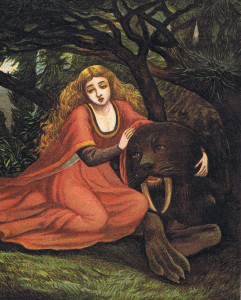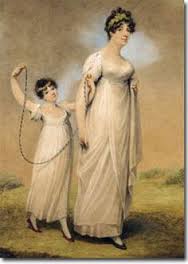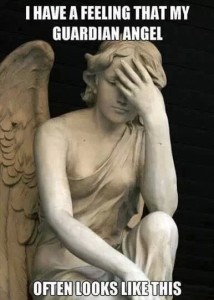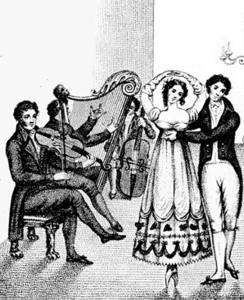 Can we talk about #tropes? Romance fiction is full of them, and some are specific to Regency romance. Do you have favorite tropes that always draw you to a story? Or some that guarantee you won’t pick up a book? I got a poor Amazon review for my book An Unlikely Hero mostly because it was a “house party” story and the reader was sick of those. I do wonder why she bought it!
Can we talk about #tropes? Romance fiction is full of them, and some are specific to Regency romance. Do you have favorite tropes that always draw you to a story? Or some that guarantee you won’t pick up a book? I got a poor Amazon review for my book An Unlikely Hero mostly because it was a “house party” story and the reader was sick of those. I do wonder why she bought it!
Elena talked about a few she dislikes back in January here when she was judging Rita books –and oh, boy, that task is coming up again all too soon! But the reason tropes are on my mind today is because in my “other” little Regency author group, the Bluestocking League, we are working on a website where we intend to include what may amount to a small encyclopedia of Regency romance tropes –a list, with descriptions of each and perhaps a few words about their appeal– and we have been compiling the list to start with. Not as easy as you might think, despite the existing lists already out there!
Want a peek at our list-in-progress? Have any you think we should add? Here it is in no particular order:
Loveable Rogue/Rogues in love
Agents of the Crown 
Childhood Friend Romance
Protectors
Dukes
Scandal
Beauty & the Beast
Ugly Duckling/Makeover
Estranged Lovers reunited
Friends to Lovers
Marriage of Convenience
Compromised
Governesses 
(other) Boss/Employee
Rakes
Mistaken Identity
(kidnapping) –almost always mistaken identity?
Rags to Riches
Wounded Hero/Caretaker Heroine
House Party 
Masquerades (including Secret/Hidden Identity)
Road Trip/Runaways
Amnesia
Wagers/bets
 Ghosts/guardian angels/magic locket–i.e. Something paranormal outside of self influencing the romance.
Ghosts/guardian angels/magic locket–i.e. Something paranormal outside of self influencing the romance.
Soldier
Thief/highwayman/con artist (are there any gypsy Regencies–and if so, would they fit here or as own trope?)
Hidden treasure
Murder(s)
Spies (not just Agents of the Crown–could be a soldier, a French spy, etc.)
Wills (tricky provisions and/or inheritances that play a major role in the plot)
Marrying out of one’s class (not sure how to say that more simply)
Demi-monde/light skirts
Spinsters
Widows/Widowers
Inventors
Artists/Musicians/Writers
Heroes who have a profession
Naval/Sea faring
Smuggling
Politics/Parliament
Handicapped (could be hero or heroine or secondary character whose handicap is an issue)
Social Issues (including slavery, abuse of children, etc.)
Farming/Raising Horses/Animals?
Waterloo (since this seems of particular interest to some readers)
Christmas (and perhaps other holidays)
India/Other foreign travel?
Children (stories where a child or children play a significant role in bringing the hero and heroine together)
Lots of books include more than one, and some overlap. Which books that you’ve read (or written), leap to mind when you look at these tropes?
We could talk about which favorite tropes appear in which favorite authors’ books. Or we could get into a discussion about where some of these tropes originated (besides the history of the period itself) –Austen? Heyer? Some of the early Regency writers like Cartland?
Sadly, I’ll have to leave that to you in the comments –I am really short on time this week! But I would love to hear what you all have to say about some of these tropes, or even about the list itself!









